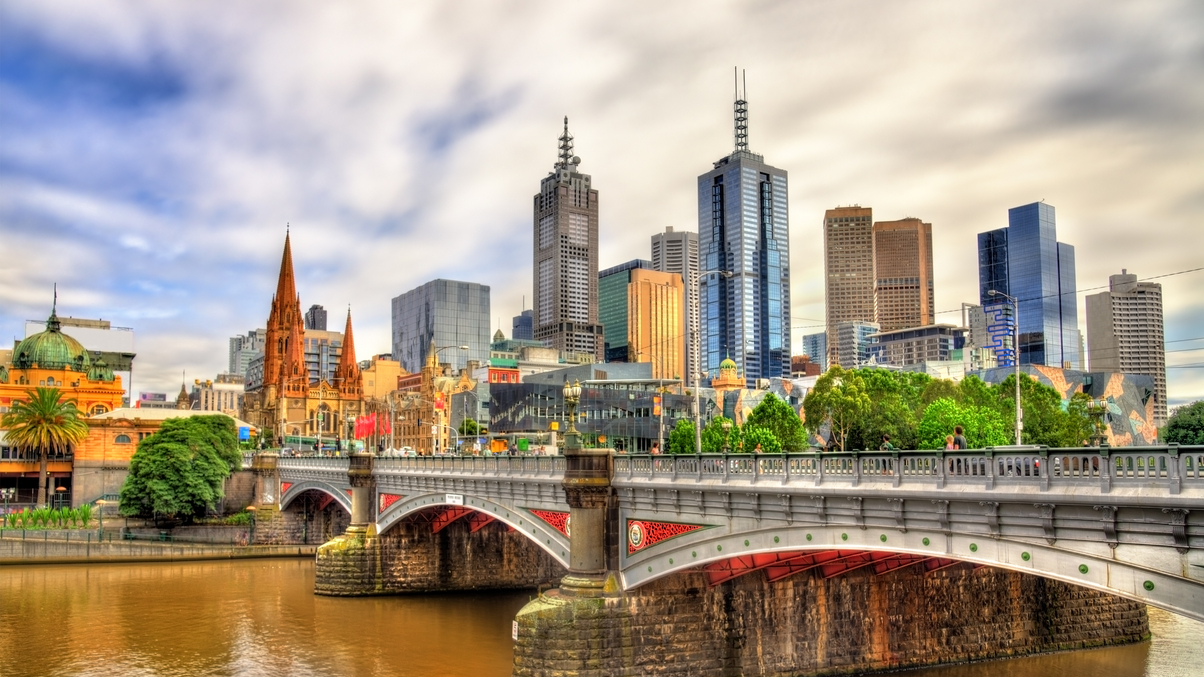Future Fund warns of potential shocks from trade war
While the Australian fund continues to outperform its benchmark, executives are increasingly concerned about potential shocks for world markets as a result of the US-China trade war.

Executives at Australia’s Future Fund are bracing for tough times ahead, despite registering a stronger than average performance in the first six months of June after increasing its exposure to emerging markets.
Sign in to read on!
Registered users get 2 free articles in 30 days.
Subscribers have full unlimited access to AsianInvestor
Not signed up? New users get 2 free articles per month, plus a 7-day unlimited free trial.
¬ Haymarket Media Limited. All rights reserved.


